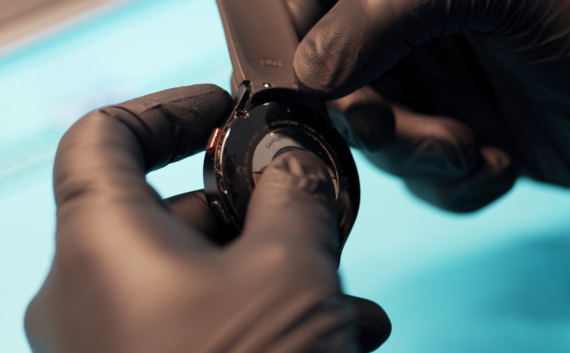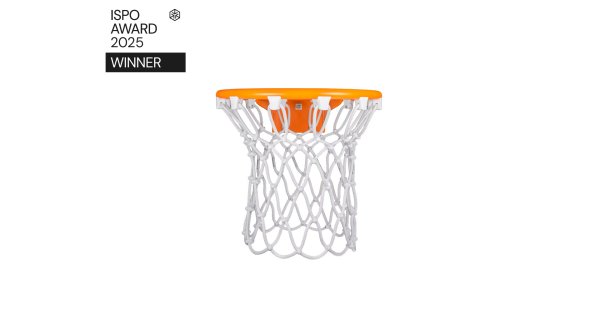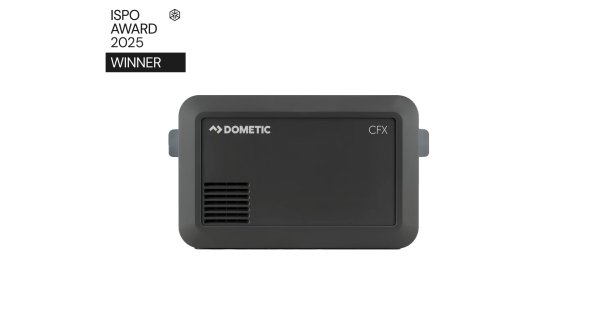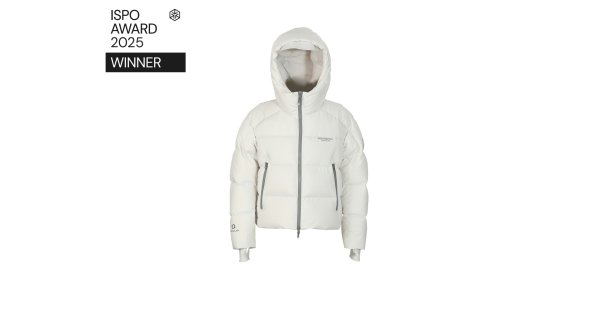Subzero temps, moisture, crashes – winter can be brutal not just for outdoor enthusiasts, but for their smart devices too. Whether you’re carving down the slopes, gliding through cross-country trails, or climbing uphill on a ski tour, smartwatches, trackers, and smartphones are always along for the ride — and often pushed to their limits.
“Especially while skiing or snowboarding, devices often fail because of moisture and freezing temperatures,” explains Aaron Weyrauch, owner of the repair service that bears his name and partner of insurance provider Wertgarantie. “The batteries are usually the first to give up once the temperature drops below zero. Moisture and cold together – that’s pure poison for any smartwatch or phone.”
One of the most common mistakes? Storing devices in the wrong place. Many wear their gadgets on the outside of a jacket sleeve or clipped to their pants for easy access. But that’s exactly where they take the biggest hit from wind, snow, and falls. “I always recommend keeping your device in the inner pocket of your jacket,” says Weyrauch. “It’s better protected from cold, moisture, and impact there.”
For anyone who spends hours on skis or long days in the mountains, that small habit makes a big difference. Warmth, body proximity, and less condensation go a long way in extending the life of sensitive electronics.

Even when temperatures are on your side, power supply remains the weakest link. The battery determines how long your smartwatch or tracker stays alive — and it’s also the component most likely to fail.
“I always tell customers: never let the battery fully discharge, and don’t keep it constantly charged above 80 percent,” explains repair expert Aaron Weyrauch. “Many manufacturers now limit maximum charge automatically, because it significantly extends the battery’s lifespan.”
But charging habits aren’t the only thing that matter. Many users only bring out their trackers seasonally — for winter vacations or specific training sessions. “If a device sits unused in a drawer for six months, the battery will eventually die,” says Weyrauch. “Charging it once a month is enough to prevent that.”
These small routines contribute to a bigger picture — the circular economy. Taking care of your devices means fewer repairs, and when repairs are needed, many can be done cost-effectively. That keeps valuable electronics in circulation and reduces resource waste.
“The ability to repair a device is one of the most effective levers to reduce environmental impact and extend a product’s life cycle,” emphasizes Konrad Lehmann, Board Member of the specialist insurer Wertgarantie. “As a cornerstone of a functioning circular economy, repair services help extend the lifespan of electronics and household devices and minimize environmental harm from disposal — including the loss of valuable raw materials.”
That’s why Wertgarantie actively supports repair services for electronic devices such as smartwatches and smartphones, helping ensure they stay in use longer rather than ending up as e-waste.

What many people underestimate: wearables don’t just suffer from crashes or moisture, but from improper cleaning, too. Connectors, charging ports, and sensors are extremely sensitive to dust and grime. “Never clean contacts with metal tools or cotton swabs — you’ll either tear something off or cause a short circuit right away,” warns Weyrauch. “Compressed air works best, even from a simple spray can. It can save you a lot of trouble — and expensive repairs.”
The repair specialist also sees plenty of avoidable damage in winter mountain biking. “Many riders use mounts made for city bikes, not for downhill or subzero conditions,” he explains. “When a phone takes off across the asphalt, we can spot that kind of impact right away in the repair process.”
Despite all precautions, accidents happen — and heading to a repair shop is often the most sustainable choice. A professional repair extends the lifespan of your tech and saves valuable resources. “With proper care and a bit of mindfulness, most devices can last much longer,” says Weyrauch. “And when something does break, repairing it is almost always more sustainable than buying new.”
Fittingly, Wertgarantie recently published a study titled ‘Repair Instead of Replace’, revealing that many consumers avoid repairs out of fear of high costs — a choice that harms the environment when it leads to unnecessary new purchases. According to the study, Germany alone generates roughly 355,871 tons of electronic waste every year (that’s 8.6 kg per household), as many devices are discarded rather than repaired. Even more striking: consumers drastically underestimate the problem, assuming an average of just 52,000 tons annually.
The takeaway is clear: building ecological awareness is key. Protect your wearables, and you’re protecting the planet — while staying smart, sustainable, and connected for longer.

About Wertgarantie
Founded in 1963 and headquartered in Hanover, Wertgarantie is a specialist insurance provider offering tailored coverage for electronics, household appliances, bicycles, and e-bikes. Today, more than 8.4 million customers across Europe trust the company’s expertise and service. With its guiding principle “Repair, Don’t Replace,” Wertgarantie champions sustainability, customer focus, and a strong partner network within the specialty retail sector.
For outdoor enthusiasts, Wertgarantie offers customized protection plans designed for life beyond the pavement. In addition to wearables, outdoor gear such as cameras or other tech devices can also be insured. When damage occurs, Wertgarantie ensures quick and professional repairs — either through certified partner workshops or via its convenient online dealer and repair search tool.
 PromotionISPO Award Winner 2025: URBN HOOP®
PromotionISPO Award Winner 2025: URBN HOOP®
- ISPO awards
- Mountain sports
- Bike
- Design
- Retail
- Fitness
- Health
- ISPO Job Market
- ISPO Munich
- ISPO Shanghai
- Running
- Brands
- Sustainability
- Olympia
- OutDoor
- Promotion
- Sports Business
- ISPO Textrends
- Triathlon
- Water sports
- Winter sports
- eSports
- SportsTech
- OutDoor by ISPO
- Heroes
- Transformation
- Sport Fashion
- Urban Culture
- Challenges of a CEO
- Trade fairs
- Sports
- Find the Balance
- Product reviews
- Newsletter Exclusive Area
- Magazine


